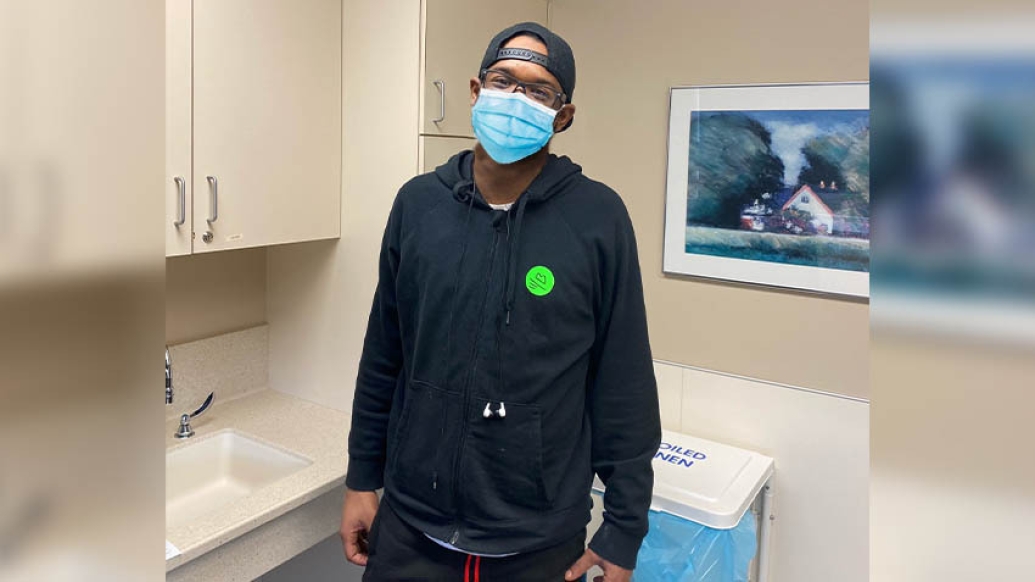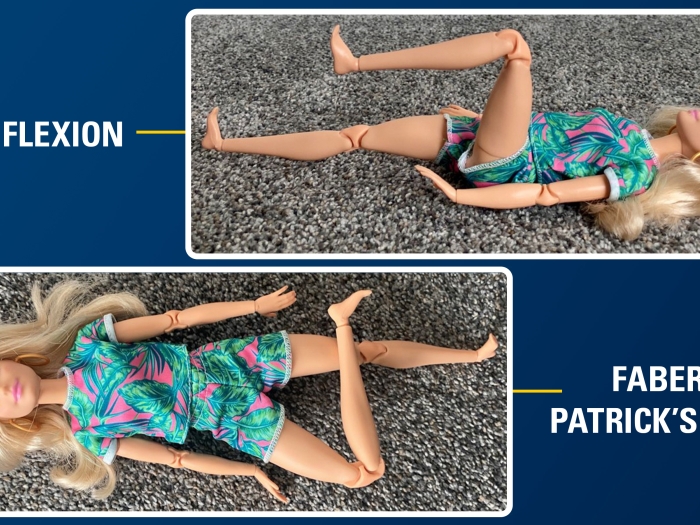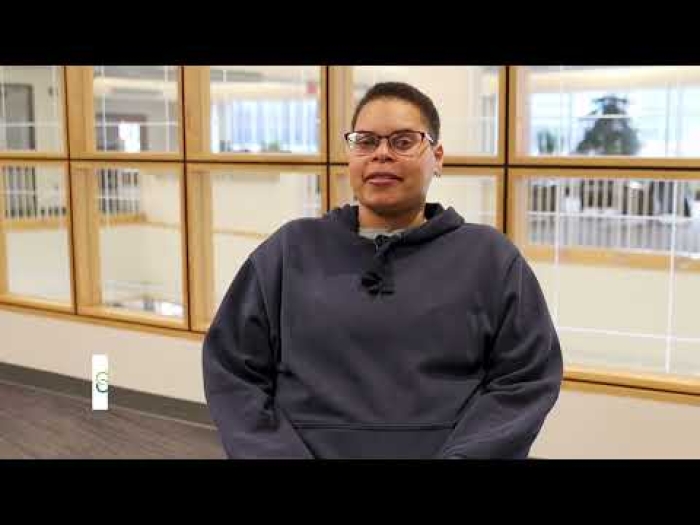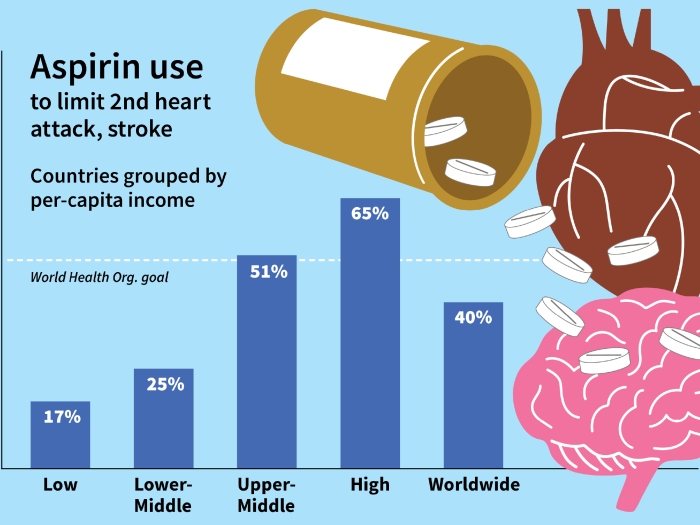Dedicated rehabilitation following an aortic dissection and stroke spared a father of four life-altering consequences.
2:15 PM
Author |

If you met Desmond Cooper today, you might not believe that just a few short months ago doctors weren't sure he'd be able to walk again without the help of a cane.
But with extensive inpatient rehabilitation at the St. Joseph Mercy Chelsea Hospital, the 37-year-old has overcome the odds, recovering from vision issues and extreme weakness on his left side due to an aortic dissection and a stroke.
A lifesaving decision
Cooper's story began on August 15th when the father of four experienced severe pain in his chest and difficulty breathing. With no other health issues other than high blood pressure, he knew something was wrong. The words of his mother, a nurse, rang out in his head: "If you think something is wrong, don't hesitate to get help."
Cooper was quick to abide by those words, seeking medical attention at a nearby hospital where a CT scan indicated his aorta had dissected. A few hours later he was being rushed via Survival Flight from Port Huron, Michigan, to Michigan Medicine in Ann Arbor.
Like Podcasts? Add the Michigan Medicine News Break on iTunes or anywhere you listen to podcasts.
Aortic dissection is a life-threatening condition in which a tear occurs in the wall of the aorta, the major artery carrying blood out of the heart. As the tear extends along the wall of the aorta, blood can flow in between the layers of the blood vessel wall, which can lead to an aortic rupture or decreased blood flow to organs.
Skilled surgical care
When Cooper arrived, he was met by Shinichi Fukuhara, M.D., a Michigan Medicine cardiac surgeon, and his team standing by ready to perform emergency surgery. In order to avoid possible serious complications and permanent organ damage, surgical intervention was highly warranted, says Fukuhara.
By the time of the endovascular procedure, in which Cooper's dissection was repaired with a graft, his aortic dissection was already extending into a blood vessel to the brain and suffered an ischemic stroke involving his right temporal and occipital lobes.
"The extension of the aortic tear was able to be minimized, thanks to the endovascular repair afterwards," he says.
The move to rehab
Cooper spent 30 days recuperating in the Michigan Medicine Frankel Cardiovascular Center, but still faced a long road of recovery once discharged due to extreme weakness on his left side and vision issues in his left eye.
He was transferred to the inpatient rehabilitation unit at St. Joseph Mercy Chelsea Hospital, a joint venture between Michigan Medicine and St. Joseph Mercy Health. Here, Michigan Medicine physical medicine and rehabilitation specialists work alongside the staff and therapists from St. Joe's Chelsea to deliver expert inpatient care to stroke victims.
"While admitted to inpatient rehabilitation, Desmond participated in a team-based interdisciplinary rehab program focusing on his functional deficits to get him safely home," says Michigan Medicine physical medicine and rehabilitation specialist John Danko, D.O. "As a patient-centered team, we worked on Desmond's goals to enable him to complete his activities of daily living without any assistance and get him up and walking again. By the end of his 10-day stay, we would often see Desmond walking without an assistive device in the courtyard, with his therapists chasing behind him!"
"Rehab got me up and moving very quickly," says Cooper, noting that much of his rehabilitation focused on "coordination and getting my muscles working again. I also had some issues with balance, which I'm still working on."
Benefits of a community-based facility
In addition to rehab specialists, this community-based facility provides patient benefits that include single rooms, a rehabilitation gym that can be immediately accessed by a private elevator from the inpatient hospital rooms and advanced rehab equipment.
Cooper says his rehab at the St. Joe's Chelsea was a positive experience.
"It's a great place and the set-up is good. There's an actual gym for therapy and we're able to do a lot outside," he says, adding, "I had a long stay there and the staff was always upbeat and friendly."
On September 25, the day before his birthday, Cooper walked out of the St. Joe's Chelsea without assistance — just in time to celebrate with his children, ages 1, 7, 17 and 18.
Today, he's paying added attention to his health as he continues rehab at a center closer to his Port Huron, Michigan, home. Currently on medical leave from his job, he's working hard to get strong again with the help of his children, who he says often lend an extra pair of hands.

Explore a variety of healthcare news & stories by visiting the Health Lab home page for more articles.

Department of Communication at Michigan Medicine
Want top health & research news weekly? Sign up for Health Lab’s newsletters today!





